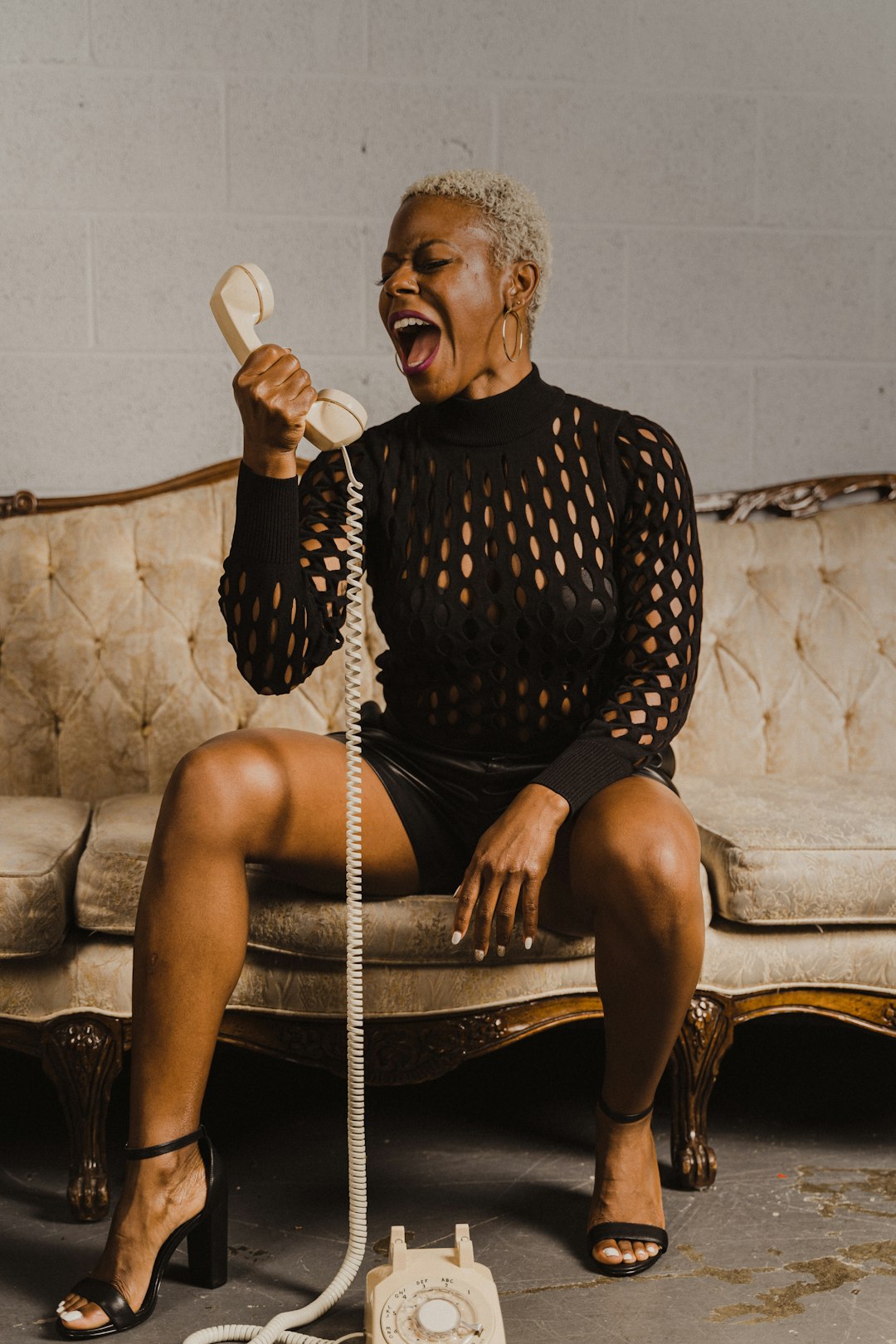Oregon tattoo artists face robocalls disrupting work and personal lives. Oregon laws protect residents from unauthorized recorded calls (robocalls). Businesses can face legal issues or fines for unsolicited calls without prior consent under Unfair or Deceptive Acts and Practices (UDAP) law. Federal regulations like TCPA also protect consumers from unwanted promotional calls, including potential compensation for nuisance calls. Tattoo studios must adopt strategic solutions to curb robocalls while adhering to Oregon's robocall regulations to avoid legal scenarios.
In today’s digital age, tattoo artists in Oregon face a unique challenge: robocalls. These automated calls not only disrupt studio operations but also test the boundaries of consumer protection laws. Oregon has strict regulations against unsolicited calls, yet tattoo studios struggle with effective communication strategies. This article explores the tension between artist-client interaction and compliance, delving into legal protections, the impact on small businesses, and practical solutions to manage robocalls while adhering to Oregon’s stringent laws. Learn if you can sue for nuisance calls in Oregon and discover strategies to safeguard your studio.
Robocalls: A Tattoo Artist's Dilemma in Oregon

In Oregon, as in many places, robocalls have become a ubiquitous yet unwanted part of daily life. Tattoo artists, like everyone else, often face these automated calls, which can be particularly intrusive and disruptive to their work and personal lives. While robocalls may be a common nuisance, it’s important to note that in Oregon, making or receiving unauthorized recorded calls—often referred to as robocalls—has specific legal implications. If a tattoo artist feels their rights have been violated, they might ask, can I sue for robocalls Oregon? The short answer is yes; Oregon laws protect residents from unsolicited and unwanted robocalls, offering potential legal recourse for those affected.
Artists in this industry must balance their need to communicate with clients effectively while adhering to strict regulations. Unwanted robocalls can lead to customer dissatisfaction and even damage a studio’s reputation. As such, tattoo artists should be aware of their rights and responsibilities regarding call communication, ensuring they obtain proper consent for recorded calls and avoid practices that could expose them to legal issues or fines. Understanding the rules around robocalls is crucial for maintaining compliance in Oregon’s tightly regulated tattoo industry.
Understanding Oregon's Laws Against Unsolicited Calls

Oregon has strict laws regarding unsolicited calls, often referred to as robocalls, which can provide some protection for residents from intrusive marketing tactics. The state’s Unfair or Deceptive Acts and Practices (UDAP) law prohibits businesses from making automated phone calls unless they have prior express consent from the recipient. This means that if you have not given explicit permission for a company to contact you using robotic dialing, such calls are illegal.
If you receive robocalls promoting Oregon tattoo services or any other industry, it’s essential to know your rights. While some may consider these calls annoying, they could potentially be grounds for legal action under Oregon law. If you believe a business has violated your privacy by making unauthorized automated calls, you may have the right to sue for damages and seek compensation for each violation, especially if the calls are frequent or harassing in nature. The ‘Can I Sue For Robocalls Oregon’ query is relevant here, as understanding your legal options against unsolicited calls can empower individuals to protect their personal space and privacy.
The Impact of Robocalls on Small Businesses

Small businesses, especially those in creative industries like tattooing in Oregon, are increasingly feeling the impact of robocalls. While automated phone calls have long been a nuisance, their frequency and sophistication have grown exponentially. These unwanted calls disrupt business operations, potentially leading to lost appointments and revenue, hindering artist-client communication, and adding unnecessary stress to an already demanding profession.
In Oregon, as in many states, there are laws against robocalls designed to protect consumers from deceptive or harassing practices. However, navigating these regulations can be challenging for small businesses. Understanding can I sue for robocalls Oregon is a common concern. Business owners should familiarize themselves with state and federal restrictions on telemarketing and unsolicited calls to ensure they remain compliant. Proactive measures, such as implementing call-blocking software and maintaining thorough client consent records, can help tattoo artists strike a balance between effective promotion and respecting their clients’ privacy.
Legal Action: Can You Sue for Nuisance Calls?

In Oregon, as in many places, robocalls have become a widespread nuisance, with many businesses and individuals resorting to legal action against persistent and unwanted calls. The question on everyone’s mind is, “Can I sue for robocalls in Oregon?”
The answer lies in understanding the laws surrounding telecommunications and consumer protection. While there isn’t a specific law in Oregon explicitly targeting robocalls, federal regulations like the Telephone Consumer Protection Act (TCPA) offer protections against unwanted calls. If you’ve received robocalls promoting products or services and feel it’s caused significant distress or financial burden, consulting with an attorney specialized in telecommunications law may be beneficial. They can guide you on whether to take legal action and help navigate the process of seeking compensation for nuisance calls.
Effective Communication Strategies for Tattoo Studios

In the age of digital communication, tattoo studios in Oregon face a unique challenge: effectively managing robocalls while maintaining open lines with potential clients. The solution lies in implementing robust communication strategies that balance artistic expression and legal compliance. One effective approach is to utilize personalized, text-based messaging systems instead of relying solely on automated phone calls. This not only reduces the frequency of unwanted robocalls but also allows studios to build a more engaged client base through direct and relevant communication.
Additionally, Oregon’s laws regarding robocalls, such as those under the Telephone Consumer Protection Act (TCPA), should be thoroughly understood. Studios can then design their communication protocols to adhere strictly to these guidelines, avoiding potential legal repercussions and “Can I Sue For Robocalls Oregon” scenarios. This proactive approach ensures that artists can continue to connect with clients without fear of regulatory issues.






